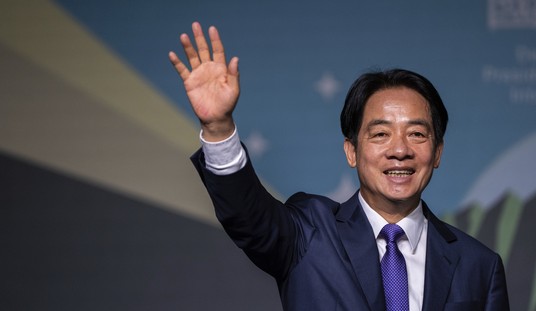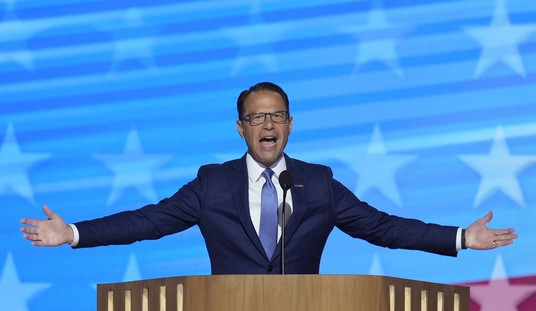One of the defining characteristics of the Obama administration thus far has been an unbending loyalty to the labor unions who served the Democrats so well during past election cycles. Americans, however, may be continuing a pattern of cooling in their attitudes toward unions as this recent Washington Examiner editorial explains, and it all comes down to the numbers.
A New York Times headline in January told the story: “Union membership in U.S. fell to 70-year low last year.” The actual numbers from the Bureau of Labor Statistics were even more dismal than suggested by the headline: Whereas at its peak in the mid-1950s, nearly 40 percent of all employed Americans were union members, by 2010, it had fallen to a mere 11.9 percent, counting both public- and private-sector employment. In the private sector alone, a mere 6.9 percent of all workers were unionized, the lowest in more than a century. Also notable here is that in 2009, for the first time ever, more than half of all union workers were employed by tax-funded local, state or federal governments rather than profit-driven private businesses.
But where public support fails, the strong left arm of the federal government may still come to the rescue. Most recently this has been demonstrated by a number of actions by the National Labor Relations Board, (NLRB) now plentifully stocked with former labor executives by President Obama. In one of their latest moves, they seem to be exercising powers never imagined for this group. When Boeing -bucking a national trend of cutting jobs – sought to expand production by adding a new manufacturing line in the non-union environs of South Carolina, the NLRB moved in to stop the move. This set off alarms in unexpected quarters.
The former chairman of the National Labor Relations Board told FoxNews.com that a board attorney’s bid to stop Boeing from opening a production line at a non-union site in South Carolina is “unprecedented” and could have serious implications for companies looking to expand.
The comments Tuesday from Peter Schaumber add to the roiling debate over the complaint filed last week against the aerospace giant. NLRB’s acting general counsel, taking up allegations from union workers at a Puget Sound plant in Washington state, had accused Boeing of violating federal labor law by moving to open a second 787 Dreamliner airplane production line in South Carolina.
If this isn’t a clear cut example of Washington usurping authority in the private sector to push a pro-union agenda in defiance of a private enterprise, I don’t know what is. Perhaps it’s past time for all of us to take a page from the previously linked editorial and take a fresh look at this relationship.
Clearly the time has come for Congress to rethink federal labor law using a clean sheet of paper. The NLRA and the NLRB were designed for an industrial economy that no longer exists. As relics of 1930s-style top-down command-economy thinking, the NLRA and NLRB simply cannot adapt to a decentralized digital economy in which fewer than one in 10 private-sector workers carry union cards. And with Obama appointees like Becker in charge, they have become obstacles to freedom and progress in America’s workplace.
Obama is supposed to be focused on jobs, remember? Who knew he was focused on stopping companies from creating new ones?







Join the conversation as a VIP Member